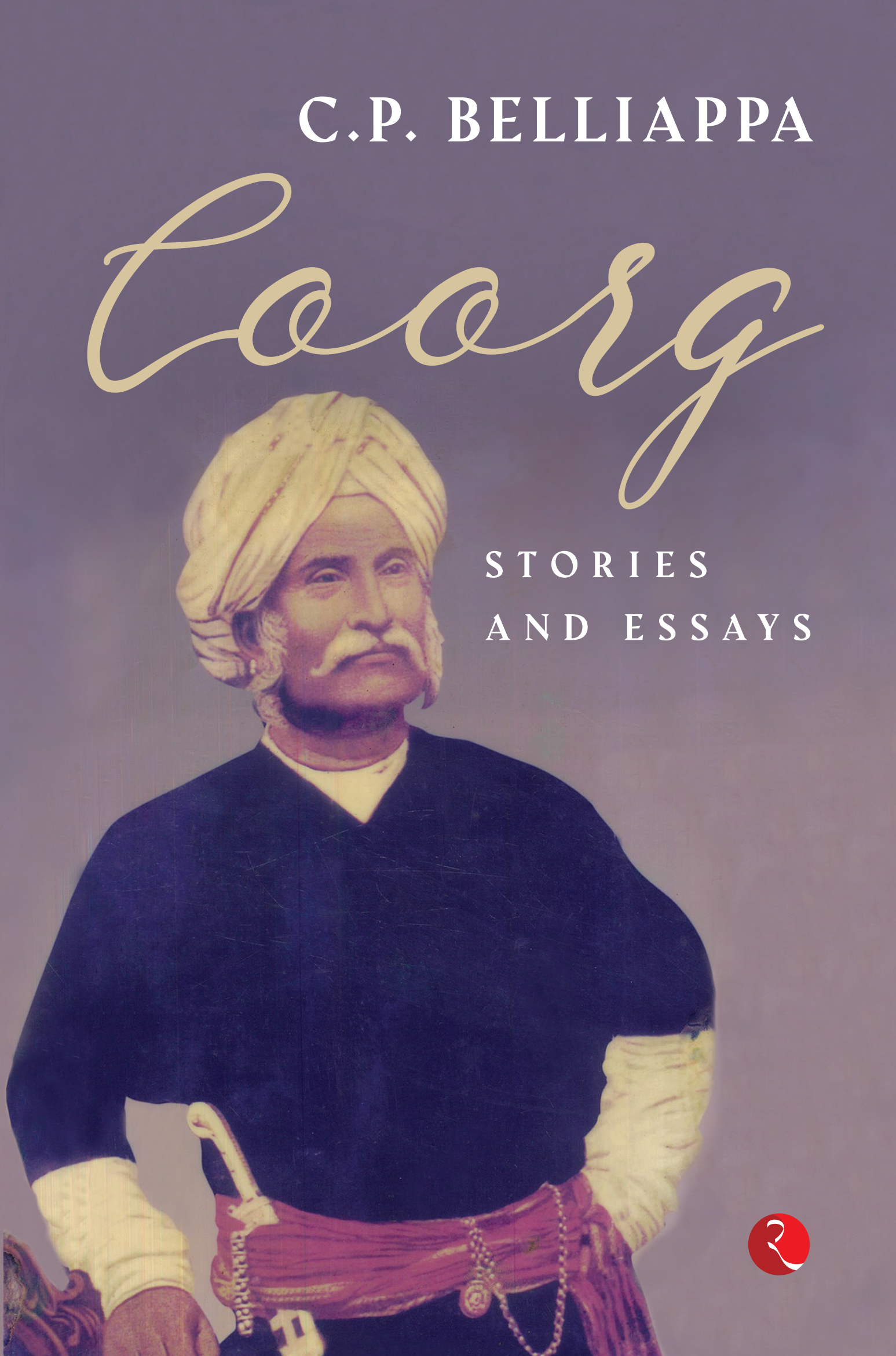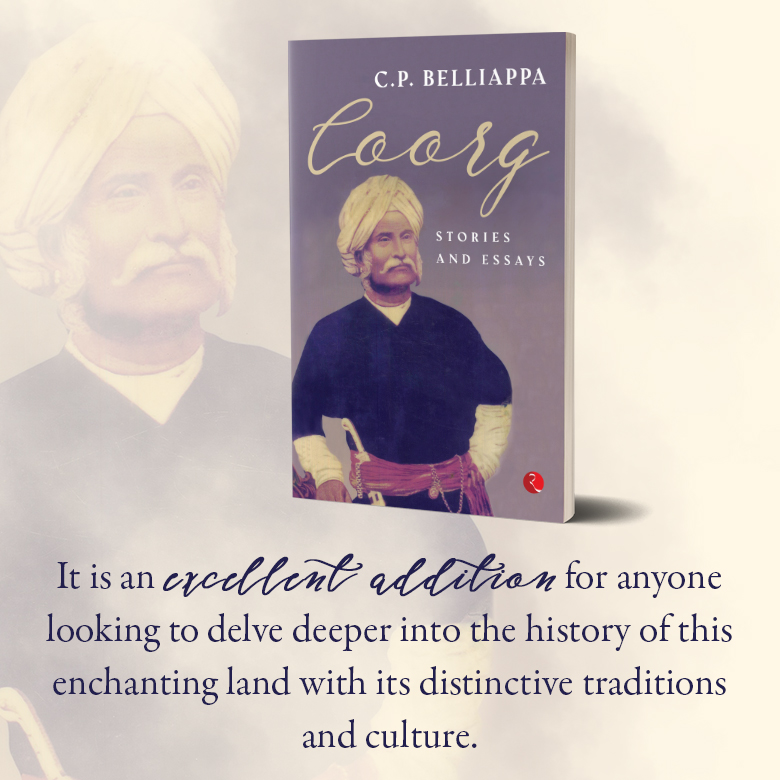Why you should read Coorg Stories and Essays? Here is what C.P. Belliappa has to say.

This compendium of essays on Coorg (officially known as Kodagu) draws from and builds on my earlier books: Nuggets from Coorg History and Victoria Gowramma: The Lost Princess
of Coorg. Many stories from the distant and not so distant past of Coorg have been steadily recovered as long forgotten and shelved materials are discovered in family attics and digitized
archives. This wealth of historical information is now accessible online.
One of my areas of interest that I have explored in this anthology is how the freedom movement manifested in Coorg and the subsequent events that led to its merger with Karnataka.
Nearly 70 years later, this continues to be a contentious subject. Many of its inhabitants find it difficult to reconcile the fact that Coorg, which was a Part ‘C’ state, lost its statehood in
1956. The Karnataka government’s benign neglect of Coorg has highlighted this grievance. For a dispassionate interpretation of these momentous events, I have allowed the written records to
speak for themselves. I hope they shed some light on what has become a very heated discourse. The final debate in the Coorg Legislative Assembly to pass a resolution on the merger of Coorg with Karnataka, in accordance with the States Reorganisation Commission report, was held on 6 December 1955. I have reproduced this interesting debate verbatim (see the Appendix).
This book is divided into three parts:
Part I: Coorg of Yore,
Part II: The Victoria Gowramma Papers and Part III: Freedom, Independence, and Merger.
- Part I chronicles the history of Coorg. It is a preamble with prehistoric accounts, which have fascinating details. It also explores the relatively better documented Haleri Lingayat
dynasty (1600–1834) followed by the British rule (1834– 1947) and provides glimpses of the enormous changes Coorg has undergone, particularly since the seventeenth century. - Part II reports the exciting events following the publication of my book Victoria Gowramma: The Lost Princess of Coorg. I must mention Dr Nima Poovaya-Smith, Senior Research Fellow, School of Fine Arts, History of Arts and Cultural Studies, University of Leeds, UK, who invited me to several music and dance performances depicting the life of Victoria Gowramma, the lost princess of Coorg, and the Maharaja of the Punjab Duleep Singh.
One of the important outcomes of the publication of my book was the connections I established with a number of descendants of Chikka Veerarajendra, the last raja of Coorg, and his daughter Victoria Gowramma. When my book was launched in London in 2010, to my delight, one of the ttendees was Anne Phillips, a great-great-granddaughter of Lieutenant Colonel John Campbell and his first wife Margaret Matthew. Lieutenant Colonel Campbell married Victoria Gowramma after the demise of his first wife. Phillips was most helpful in uncovering many details about Victoria Gowramma, including sharing a number of rare photographs of her and her daughter Edith Victoria. This interaction was instrumental in helping me locate the direct descendants of Victoria Gowramma, now living in Australia. Thanks to Dr Poovaya-Smith, I also got an opportunity to meet and
interact with David Lascelles, eighth Earl of Harewood, a direct descendant of Queen Victoria.
Researching the story of Victoria Gowramma was an incredible adventure. I was able to unearth important documents and photographs especially from the archives of The Times. I have reproduced several of the archived materials that I used to reconstruct the long-forgotten story of Victoria Gowramma. - Part III is devoted to events that took place in Coorg during the freedom struggle and the political developments of that momentous era. As mentioned earlier, the details of the
merger of Coorg with Karnataka in 1956 is covered in this section. My father, C.M. Poonacha, was a prominent freedom fighter from Coorg. Through his personal
experiences, I have attempted to contribute to the narratives of the selfless service of the countless men and women from every corner of the subcontinent to the cause of freeing
India from the colonial yoke. After Independence, my father was an important figure in both state and national politics, occupying key positions in both arenas. I have covered some
of the historical events in which he was involved in this part of the book. It is my fervent hope that this collection of stories and essays on Coorg will help future researchers who wish to delve deeper into the history of this extraordinary land with
its distinctive history, traditions and culture.

